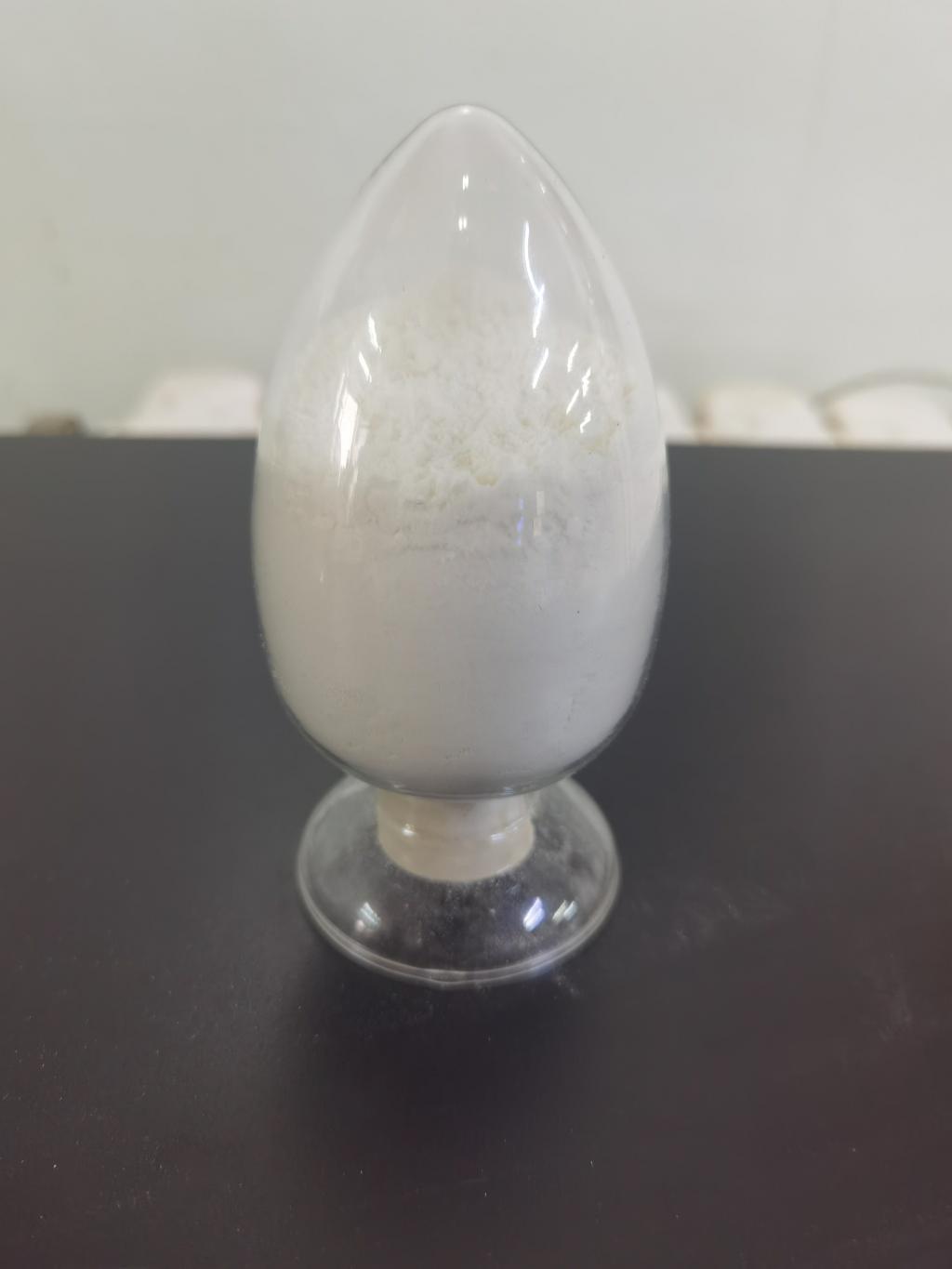Tel:+8618231198596

News
 CONTACT
CONTACT
 CONTACT
CONTACT
- Linkman:Linda Yao
- Tel: +8618231198596
- Email:linda.yao@dcpharma.cn
- Linkman:CHARLES.WANG
- Department:Overseas
- Tel: 0086 0311-85537378 0086 0311-85539701
News
Investigating the role of ε-Polylysine hydrochloride in vegan and plant-based products
TIME:2024-08-19
Introduction to ε-Polylysine Hydrochloride
ε-Polylysine hydrochloride is a natural antimicrobial peptide that is produced through fermentation by certain strains of bacteria. It is composed of multiple lysine units linked together by ε-amino groups, giving it a polymeric structure. ε-PL has a broad spectrum of antimicrobial activity, making it effective against a wide range of microorganisms, including bacteria, yeasts, and molds.
Benefits of ε-Polylysine Hydrochloride in Vegan and Plant-Based Products
Natural and Safe
ε-PL is generally recognized as safe (GRAS) by regulatory authorities such as the U.S. Food and Drug Administration (FDA) and the European Food Safety Authority (EFSA). Its natural origin and safety profile make it an ideal preservative for vegan and plant-based products, which often prioritize natural ingredients.
Effective Preservation
The antimicrobial properties of ε-PL make it effective in preventing spoilage and the growth of pathogenic bacteria in plant-based products. This is particularly important in products that are sensitive to microbial contamination, such as plant-based meats, dairy alternatives, and ready-to-eat meals.
Minimal Impact on Flavor and Texture
Unlike some synthetic preservatives, ε-PL does not significantly alter the flavor or texture of food products. This is crucial for vegan and plant-based products, where maintaining the authentic taste and texture is a priority.
Synergistic Effects
ε-PL can work synergistically with other natural preservatives, enhancing the overall preservation strategy without the need for harsh chemicals. This can lead to more effective preservation while keeping the ingredient list clean and simple.
Applications of ε-Polylysine Hydrochloride in Vegan and Plant-Based Products
Plant-Based Meats
Plant-based meats, which are often made from soy, pea protein, or other plant proteins, can benefit from the antimicrobial properties of ε-PL. It helps extend the shelf life of these products and ensures their safety by inhibiting the growth of spoilage and pathogenic bacteria.
Dairy Alternatives
Dairy alternatives, such as plant-based milks and yogurts, are prone to microbial spoilage due to their high moisture content. ε-PL can be used to prevent spoilage and maintain the freshness of these products.
Ready-to-Eat Meals
Ready-to-eat vegan and plant-based meals, including salads, sandwiches, and prepared dishes, can benefit from ε-PL's ability to extend shelf life without compromising the integrity of the product. This is particularly important for products that are not pasteurized.
Beverages
Beverages, including plant-based milk drinks and fruit juices, can also benefit from ε-PL's preservative effects. It can help maintain freshness and prevent spoilage, ensuring the safety and quality of the product.
Convenience Foods
Convenience foods, such as frozen vegan snacks and desserts, can utilize ε-PL to extend shelf life and ensure the safety of the product during storage and distribution.
Challenges and Opportunities
Consumer Education
While ε-PL is a natural and safe ingredient, there is still a need for consumer education about its benefits. Manufacturers and retailers can play a role in informing customers about the role of ε-PL in preserving food quality and safety.
Research and Development
Continued research is needed to optimize the use of ε-PL in different types of vegan and plant-based foods. This includes developing new formulations and delivery systems that can enhance the effectiveness of ε-PL while maintaining the desired organoleptic properties of the food.
Sustainability
The use of ε-PL aligns well with sustainability goals. Since it is derived from natural sources and is biodegradable, it contributes to reducing the environmental impact of food production.
Conclusion
ε-Polylysine hydrochloride plays a vital role in the preservation of vegan and plant-based products. Its natural origin, broad-spectrum antimicrobial activity, and minimal impact on food quality make it a valuable tool for food preservation. As research advances and consumer awareness grows, the use of ε-PL in vegan and plant-based products is expected to expand, offering consumers more choices in clean-label and minimally processed foods.
- Tel:+8618231198596
- Whatsapp:18231198596
- Chat With Skype







